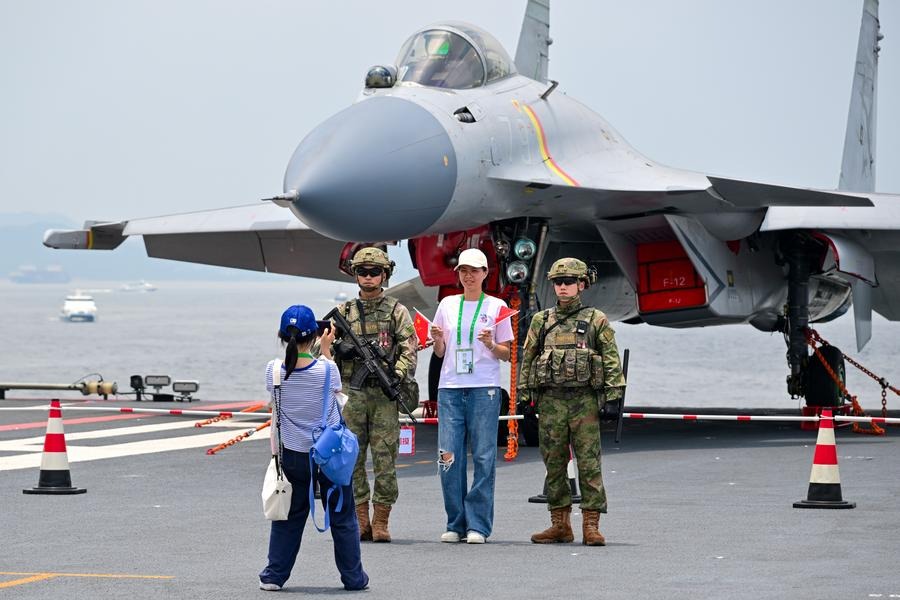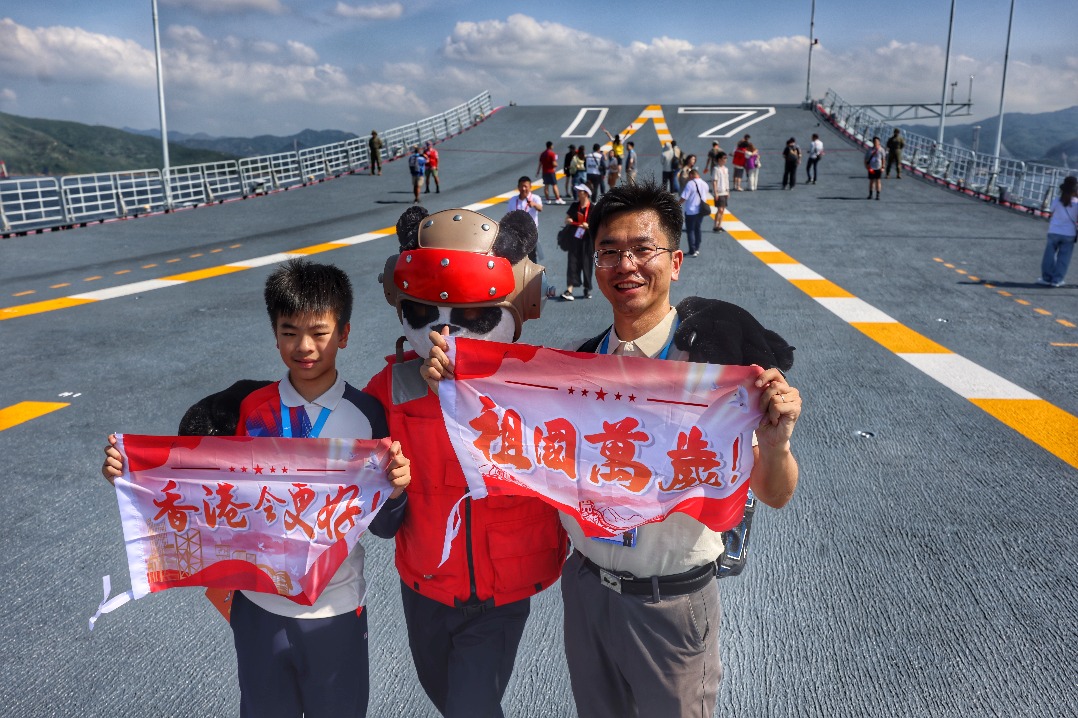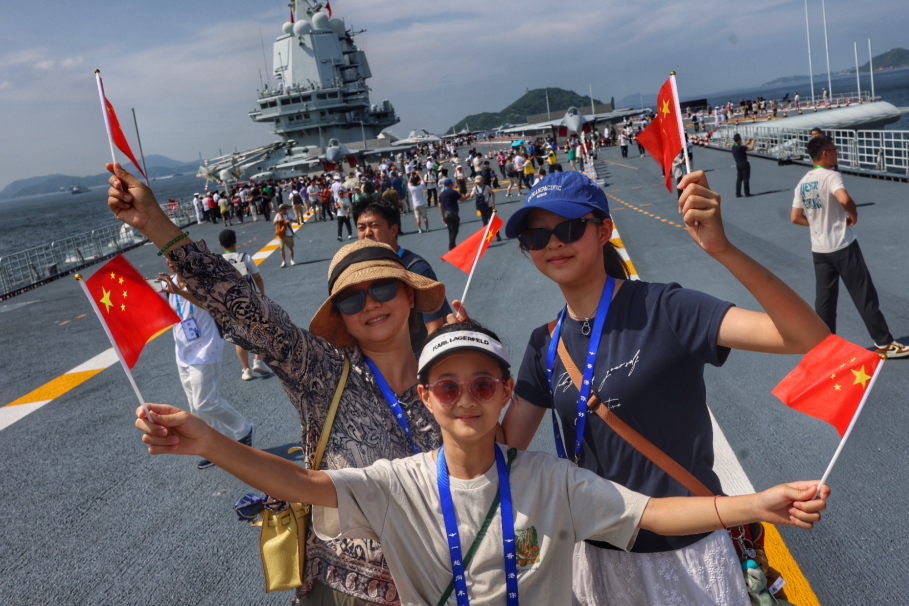Key role of HK in BRI discussed at summit


The Hong Kong Special Administrative Region has great potential to play a bigger role in the Belt and Road Initiative, central government officials and the city's leader said on Monday, noting that the initiative will be a major engine amid post-pandemic global economy.
They said the city can not only help mainland enterprises to better connect with overseas markets, but can also be an ideal and reliable partner of other Belt and Road economies.
The remarks were made at the opening session of the 5th Belt and Road Summit, an annual event co-organized by the Hong Kong government and the Hong Kong Trade Development Council.
More than 60 government officials, professionals and business leaders from different countries and regions will deliver keynote speeches or participate in panel discussions at the two-day online summit, touching on various topics related to the development of Belt and Road cooperation.
Addressing the summit, Hong Kong Chief Executive Carrie Lam Cheng Yuet-ngor said she believes that global cooperation is the key to kick-starting the economic revival, particularly in the post-COVID-19 economy.
"For international cooperation, there is no platform more promising than the Belt and Road Initiative," Lam said.
She added that Hong Kong, given the city's unique strengths, is an "ideal partner" for those who are looking to grasp the opportunities presented by the Belt and Road. These advantages include the city's geographic location, rule of law and internationally recognized financial, trade, logistics, legal and other professionals.
Also giving fresh impetus to the global economic recovery is the newly signed Regional Comprehensive Economic Partnership, the world's largest free trade agreement, Lam noted.
The agreement involves 10 Southeast Asian countries, as well as South Korea, China, Japan, Australia and New Zealand.
Lam said that Hong Kong looks forward to commencing discussions on the city's accession to the RCEP at the earliest opportunity, adding that it has received clear support from some RCEP member states.
In his speech, Wang Bingnan, vice-minister of commerce, pledged to support Hong Kong joining the RCEP as early as possible, as well as efforts to get the city to sign free trade agreements with more Belt and Road countries and regions and further expand its partnerships overseas.
Noting that the mainland's State-owned enterprises have been playing an important role in Belt and Road cooperation, Ren Hongbin, vice-chairman of the State-owned Assets Supervision and Administration Commission of the State Council, said that the country encourages central SOEs to work proactively with Hong Kong enterprises.
Ren envisioned that central SOEs can cooperate with Hong Kong enterprises mainly in healthcare and medicine, aviation and logistics supply, and innovation and technology.
He said that Hong Kong, as an international financial center and a global maritime and trade hub, could further facilitate cooperation in professional services and asset management which would in turn help boost cooperation between upstream and downstream enterprises.
- China renews yellow alert for Typhoon Danas
- Chinese courts report progress in supporting environmental governance
- Chinese vice-premier underlines sci-tech innovation in agriculture, healthcare
- China activates emergency response as Typhoon Danas approaches
- Naval fleet led by Shandong aircraft carrier visit wins praise in Hong Kong
- Four missing after SW China mudslide





































